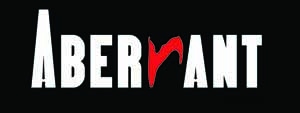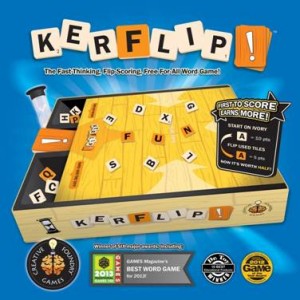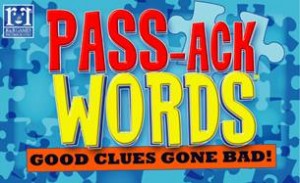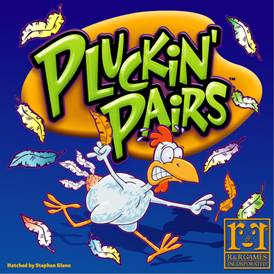$30.00 SRP
KerFlip! is a “fast-thinking” word game that rewards you for making anagrams from a group of letter tiles faster than your opponents can. At the beginning of each round, players simultaneously drop a predetermined number of tiles onto the board and quickly flip them all ivory-side up (the fronts of the tiles are ivory, the backs are orange). At this point the round is a free-for-all, as players race to call out one word each. If the last player is taking too long to call a word, any of his opponents can hurry him by starting the timer, he’ll have 15 seconds to call a word or he’ll bust. Once every player has called a word for the round, they’re scored in the order they called, so the first player who called scores first, and so on. The first time a tile is used (its ivory side), it’s worth 10 points. Once it’s been scored, flip (or “KerFlip”) it to its orange side. Now it’s worth only 5 points to other players in the same round. Some tiles, identified by a small number in the bottom right corner, are premium tiles that award players cards with bonus point values. At the end of each round, recycle any remaining unused (ivory) tiles back to the draw pouch and sweep all used (orange) tiles into the collection chutes.
Games last 15-20 minutes (about 10-12 rounds) depending on the number of players (2-4). To cleanup at the end of the game, just pick up the game box and gently shake to funnel the tiles into a collection cup under the board. Voila! It’s fliptastic!









